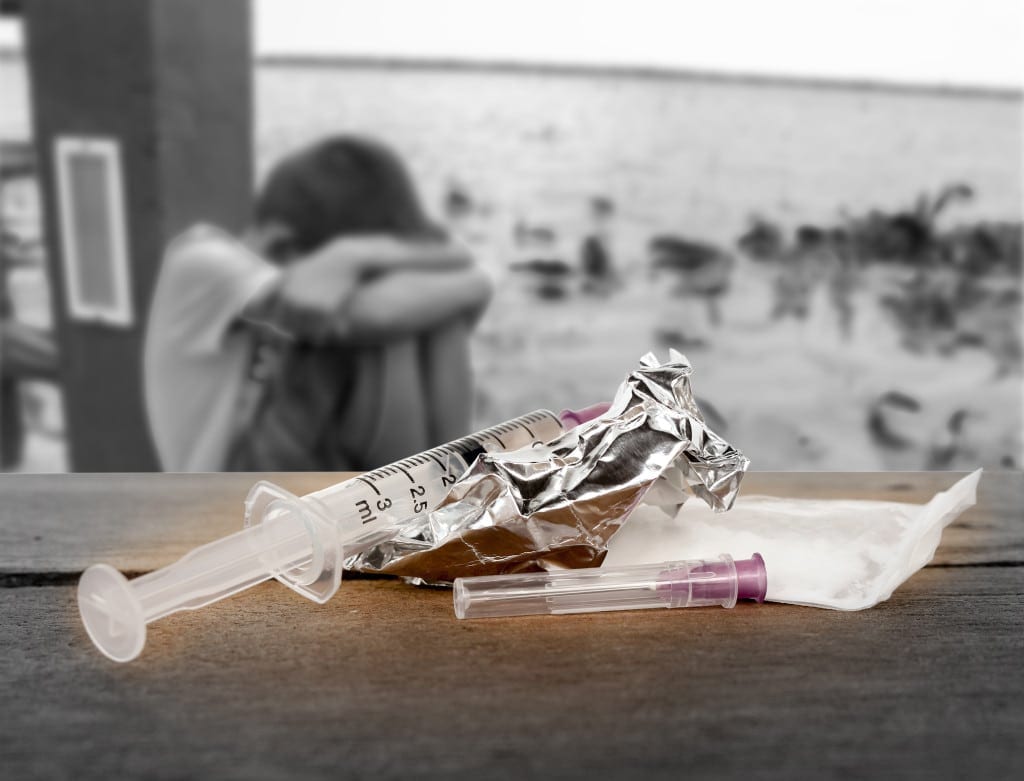 It is common for people with ADHD to turn to addictive substances such as alcohol, marijuana, heroin, and cocaine.
It is common for people with ADHD to turn to addictive substances such as alcohol, marijuana, heroin, and cocaine.
Their attempt is often to improve abilities, help them feel better, or self-medicating. The activities work at first, providing them with ADHD relief. Ultimately, these high-risk behaviors can result in academic failure, incarcerations, or death from concurrent addiction.
Usually, the decision to turn to addictive substances shouldn’t be taken lightly, and if anything, should be the final thing that you try to help with the symptoms of ADHD. Even though substances like marijuana has been known to help some people control and manage their condition, how many of you know exactly what you’re putting in your body? Instead of helping you, it could do more harm than good, so turning to a drug test, that you can get from places like Countrywide Testing, may be in your best interest if you want to discover the true nature of the substance. And only then should you make the decision about whether this is the right step for you.
If you know someone who is now addicted to particular substances, read the steps below to find out how you can help them turn their life around.
- Get focused by talking to a partner. Create a unifying action plan.
- Start talking by having a conversation, not a confrontation. Learn how to listen to break through barriers.
- Set limits and consequences. Lay down rules in a concrete way. Help them understand that you expect.
- Determine interventions. Psychotherapy is an option. 12-step programs are another option (i.e. Alcoholics Anonymous, Narcotics Anonymous)
- Attend support group activities. (i.e. Al-Anon)
- Implement a sobriety-promoting lifestyle.
- Avoid hunger. Eat 3 full meals with 3 healthy snacks.
- Avoid anger. Manage emotions, but do not bury resentments.
- Avoid loneliness. Encourage to reach out to neutral parties.
- Avoid becoming overly tired. Get enough sleep as approximately 90% of relapses happen between 11 pm and 7 am.
Remember…you are not alone.
- National Association of Addiction Treatment Providers. www.naatp.org (888)574-1008
- Substance Abuse and Mental Health Services Administration (SAMHSA). www.findtreatment.samhsa.gov (800)662-HELP.
- Partnership for Drug-Free Kids. 855-DRUGFREE

Leave a Reply